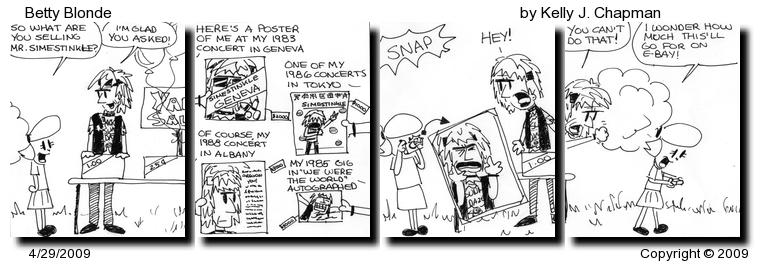An article titled Is School Overrated? High School “Dropout” Makes Affordable 3D Printer in Forbes got me to thinking about a vigorous discussion we have at my work on a fairly regular basis. We are (currently) an intellectual property company made up mostly of engineers and scientists. It is fascinating the technical/professional divide in the company, and it is a pretty big divide, is not your standard scientist vs. engineer divide. Everyone kind of agrees the divide is between those who “work from first principles” and use intuition and those who take a more empirical approach, performing a few experiments and take some measurements before choosing a path to make improvements and innovations. Of course, both groups follow both paths to a certain extent, but the intuitionists (if that is a word) tend to start with a single approach then tinker and tinker until something works while the scientists tend to identify the theoretical possibilities and plan experiments to figure out which one is best and to identify unknown problems.
Virtually everyone on the team that does invention has at least a Masters degree and most have PhD’s. We all, pretty much, get the math in the areas in which we work. It would be my contention that people with formal education in the science can become good tinkerers AND good scientists while those who do not have the formal education at a high level struggle when it comes to science and tend to relegate themselves to tinkering. People who want to learn undergraduate level math can do that without ever going to college through use of things like Khan Academy and other online tools. It is possible to get additional, graduate level math skills out of books, but it gets much harder. To be an Olympic class judo player, one needs to practice with other Olympic class judo players and train under Olympic class coaches.
I think we need both scientists and tinkerers, but as our understanding of physics, chemistry, biology and other highly technical areas of science gets more complex, it will be harder to compete without engagement with the best thinkers in any given field. The example above is about someone who is finding innovative ways to combine and use technology that has already been invented. Inventing something new requires much deeper knowledge than the skills required to create the things described in the article. The “maker” in the article is working with people from MIT who have deep technical skills and formal knowledge, so maybe he will someday move from tinkering to science.
Betty Blonde #205 – 04/29/2009

Click here or on the image to see full size strip.

Interesting comments, Ken. I have worked with some degreed engineers that have a grasp of the science, but no practical hands on experience. They tended to design products that were clunky and difficult to make. I worked with an engineering intern who was between his Junior and Senior years that did not know the difference between a nut and a bolt. I advised him to buy a motorcycle in a box out of the nickle ads and get it running. Don’t know if he ever did. As I have gotten older my eyes have been opened to how my lack of education hinders my ability to explore new interests that are outside the mechanical realm I am comfortable in. One of my previous bosses commented that:
Education without experience is weak, and experience without education is blind.
I strongly agree with that. Both positions are fixable, but represent major strategic shifts that become more difficult as more sand goes through the hourglass.
Exactly right! That is perfectly stated. I have a lot of the math, but not as much as I really want. It takes VERY hard work to learn hard stuff and it takes VERY hard work to get good experience. I believe the fact that you have been in those discussions and have strong opinions about them is one of the best indicators that you can contribute in an environment that requires innovation. Both experience AND education are required to do the best work.
That being said, I think experience is more essential for success in business than education.